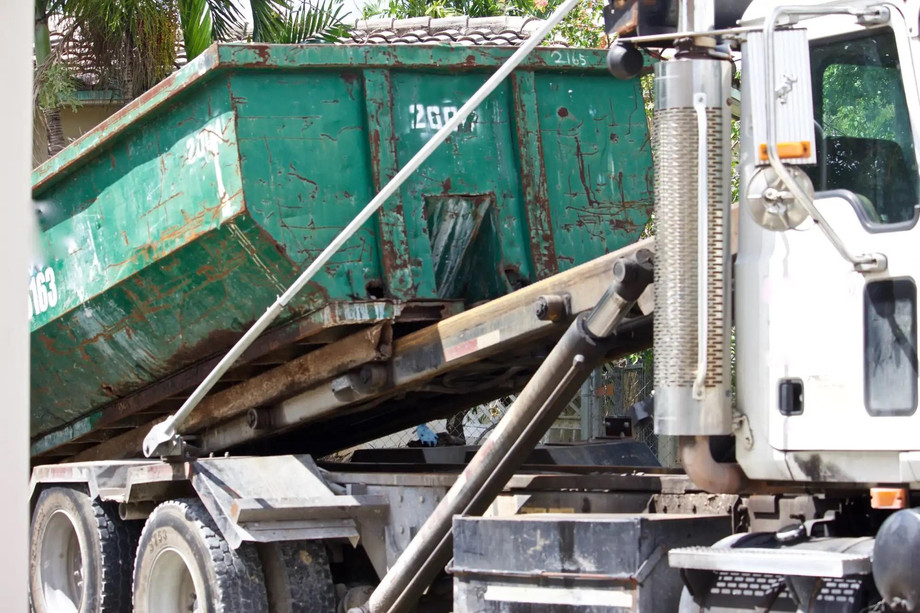Navigating the Labyrinth of Waste A Closer Look at the Global Challenge
In the modern world, waste has become an unavoidable byproduct of human existence, casting a shadow on the sustainability of our planet. The labyrinth of waste management poses intricate challenges that demand urgent attention and innovative solutions. From household refuse to industrial byproducts, the sheer volume of waste generated daily has reached unprecedented levels, necessitating a reevaluation of our consumption patterns and waste disposal practices.
At the heart of the waste crisis lies the issue of excessive consumerism. In the pursuit of convenience and comfort, societies have embraced disposable products, single-use plastics, and a throwaway culture. The consequences of such choices are evident in overflowing landfills, polluted oceans, and the depletion of natural resources. To address this challenge, a shift in mindset is imperative – a move towards sustainable and mindful consumption.
One of the major contributors to the waste predicament is single-use plastics. These petroleum-based products take centuries to decompose, releasing harmful chemicals into the environment during their slow breakdown process. Governments and businesses around the world are beginning to recognize the urgency of this issue, with many implementing bans on certain single-use plastics and encouraging the use of biodegradable alternatives. However, overcoming the plastic problem requires a concerted global effort, involving innovative materials, recycling technologies, and widespread awareness campaigns.
The issue extends beyond household waste, encompassing the industrial sector as well. Industrial waste, laden with pollutants and toxins, poses a significant threat to ecosystems and human health. Stricter regulations, cleaner production methods, and the implementation of circular economy principles are crucial steps in mitigating the impact of industrial waste. By reusing, recycling, and reducing waste at the source, industries can contribute to a more sustainable and environmentally friendly future.
Waste management systems also play a pivotal role in addressing the challenges posed by mounting waste. In many parts of the world, inadequate waste infrastructure leads to improper disposal practices, such as open burning and illegal dumping. These practices not only contribute to air and soil pollution but also pose serious health risks to nearby communities. Investing in efficient waste collection, recycling facilities, and waste-to-energy technologies is essential to creating a robust waste management infrastructure that can cope with the demands of a growing population.
The concept of a circular economy offers a promising solution to the waste crisis. Instead of following a linear model of production, consumption, and disposal, a circular economy emphasizes the continual use and recycling of resources. This approach minimizes waste, reduces environmental impact, and fosters sustainable economic growth. Governments, businesses, and individuals alike must embrace the principles of a circular economy to create a more resilient and responsible society.
Education and awareness are key components of any strategy aimed at addressing the waste challenge. By fostering a sense of environmental responsibility and promoting sustainable practices, communities can actively participate in waste reduction efforts. Educational programs, public campaigns, and community initiatives can empower individuals to make informed choices, encouraging a collective shift towards a more sustainable and waste-conscious society.
The global waste crisis demands immediate attention and concerted efforts from individuals, businesses, and governments alike. The path forward involves reevaluating our consumption patterns, adopting sustainable practices, and investing in innovative solutions. By navigating the labyrinth of waste with a sense of urgency and responsibility, we can pave the way for a cleaner, healthier planet for future generations.
For more info:-

Comments
Post a Comment